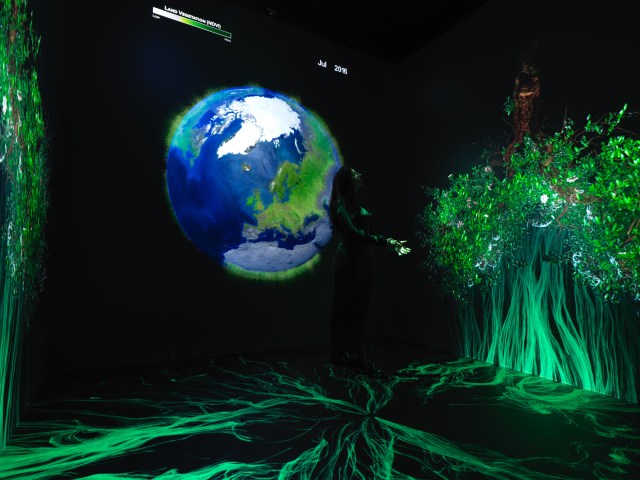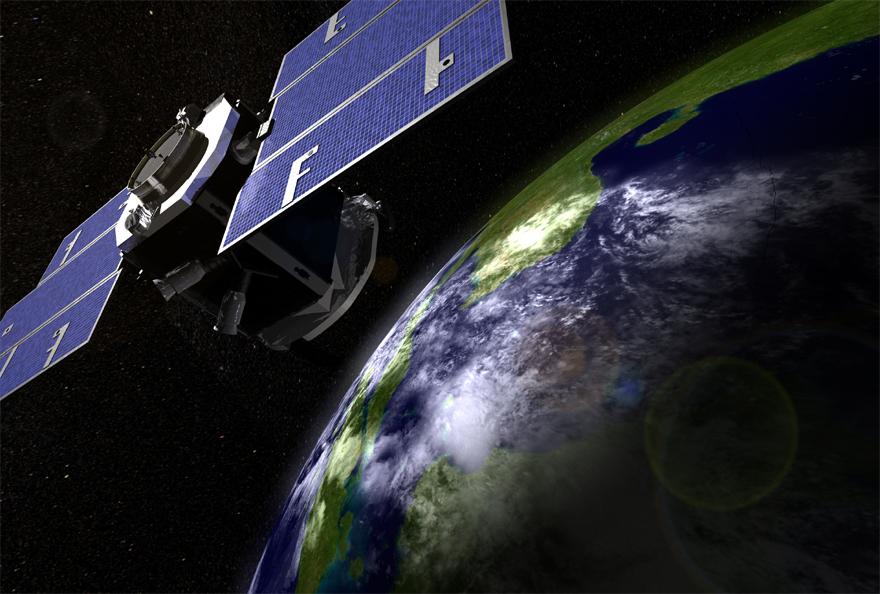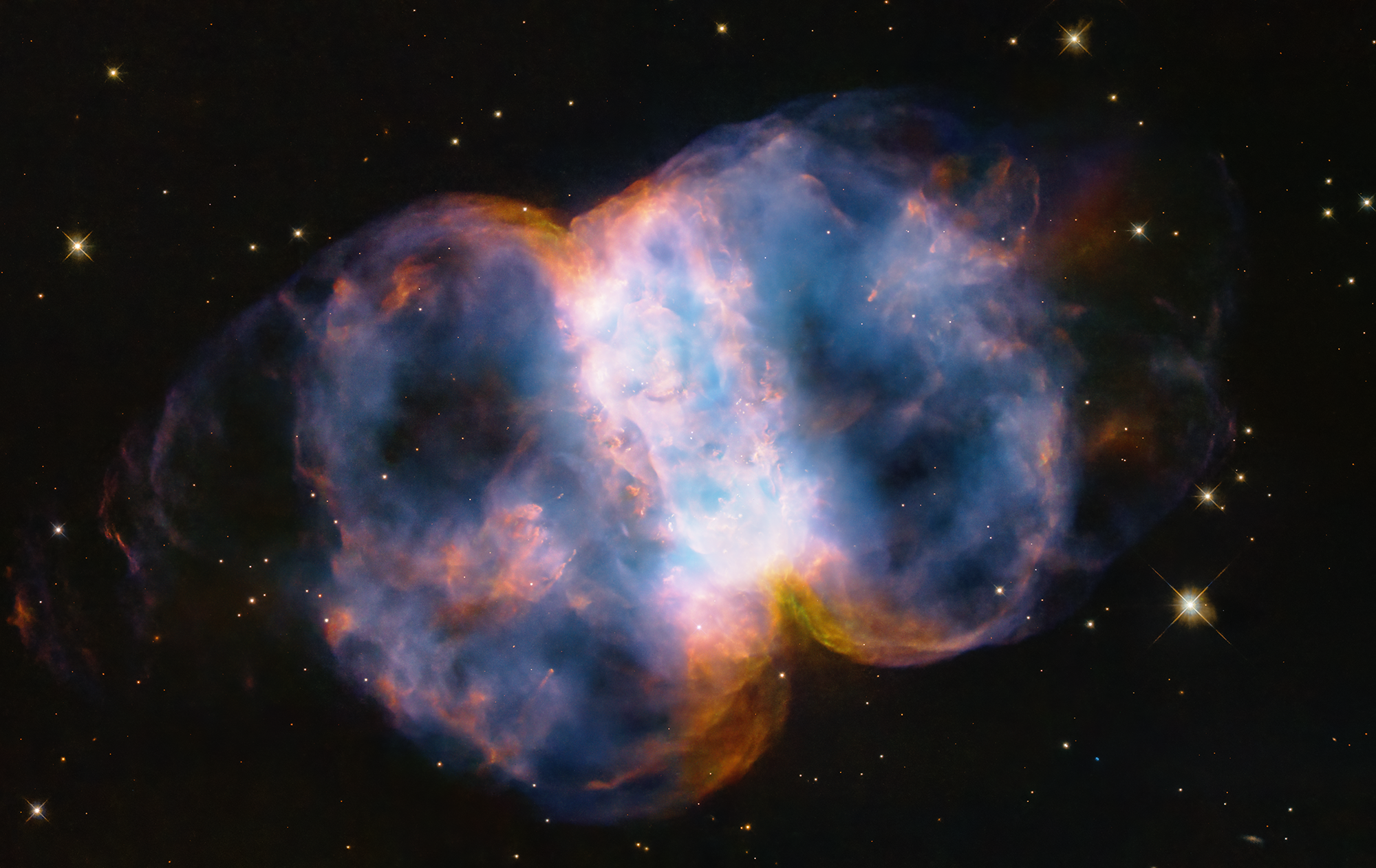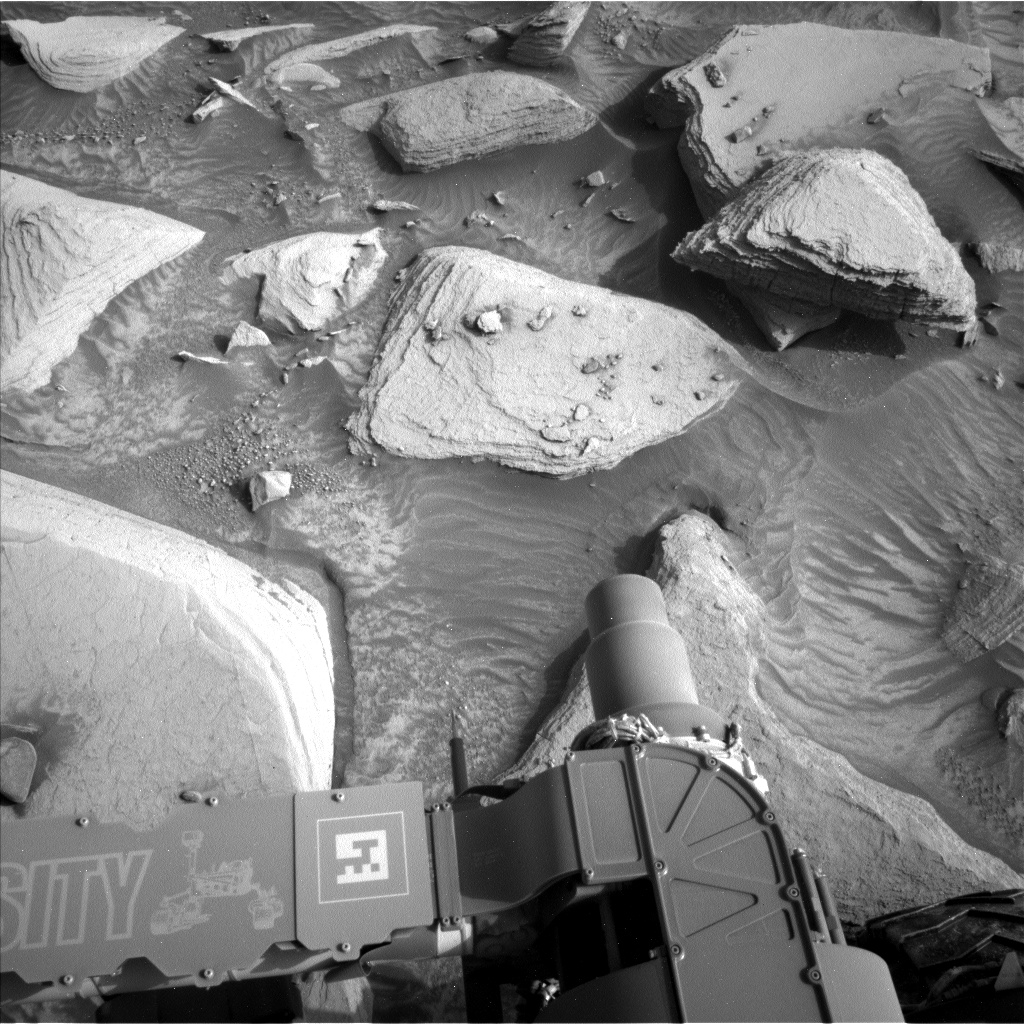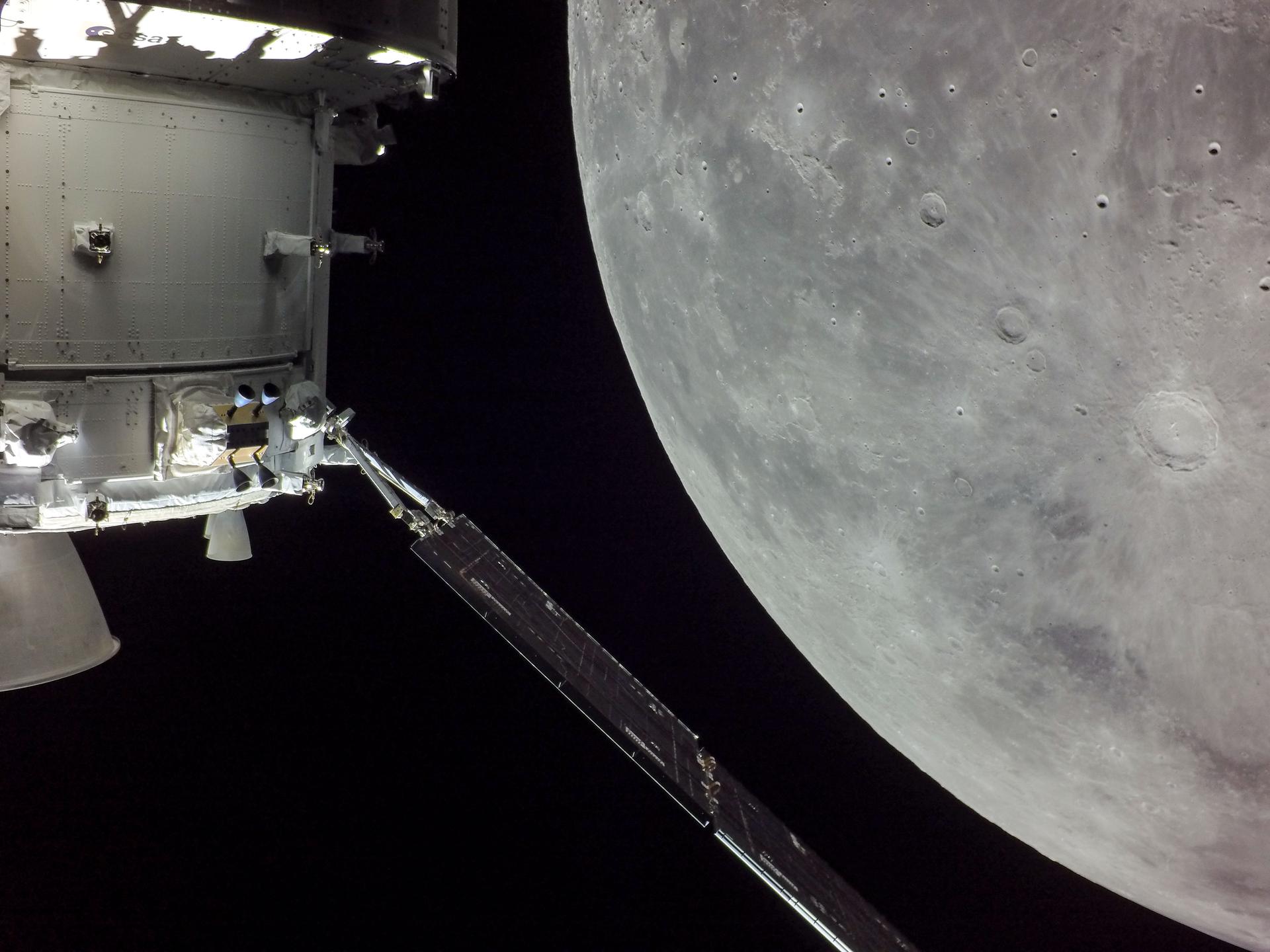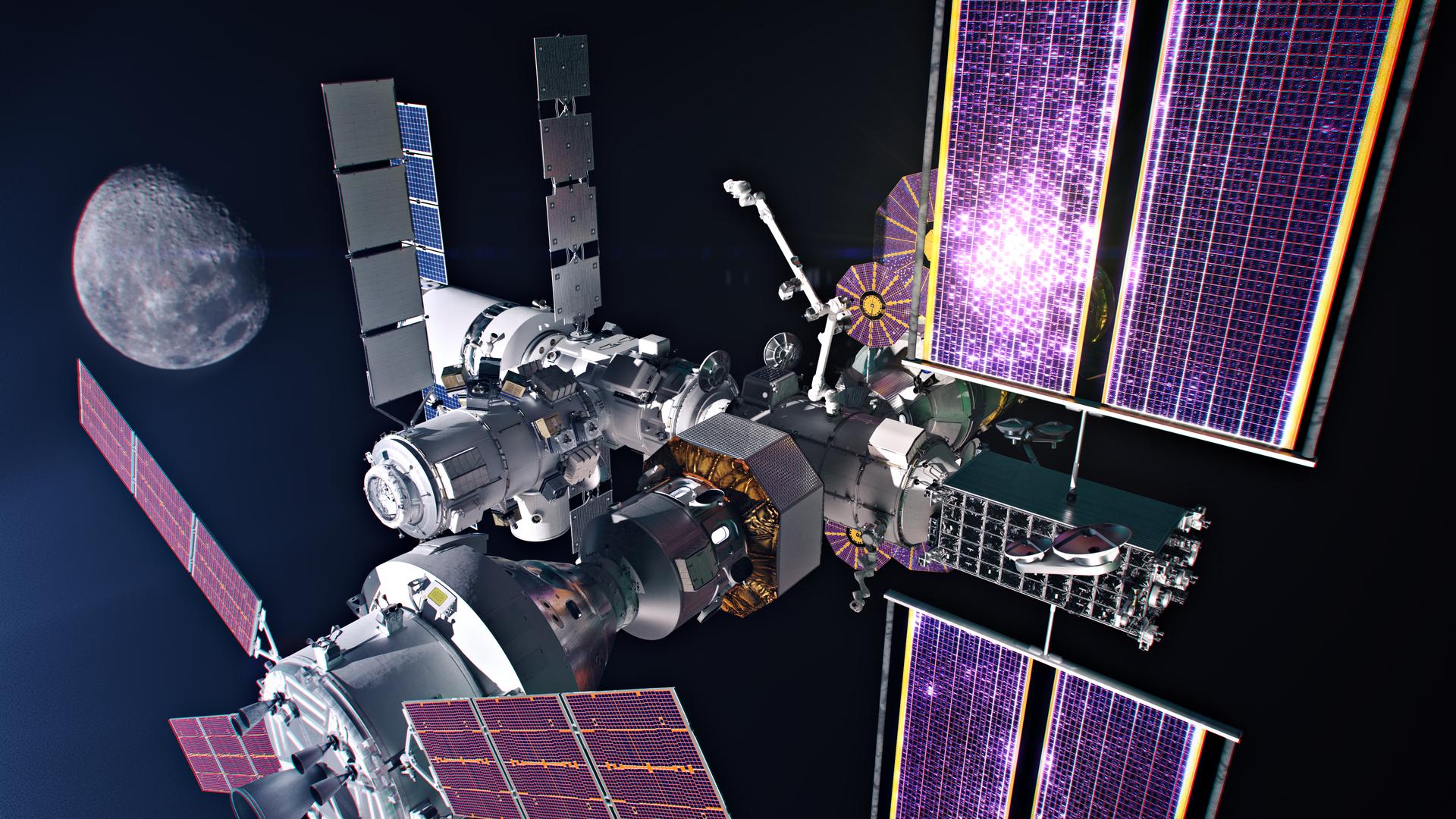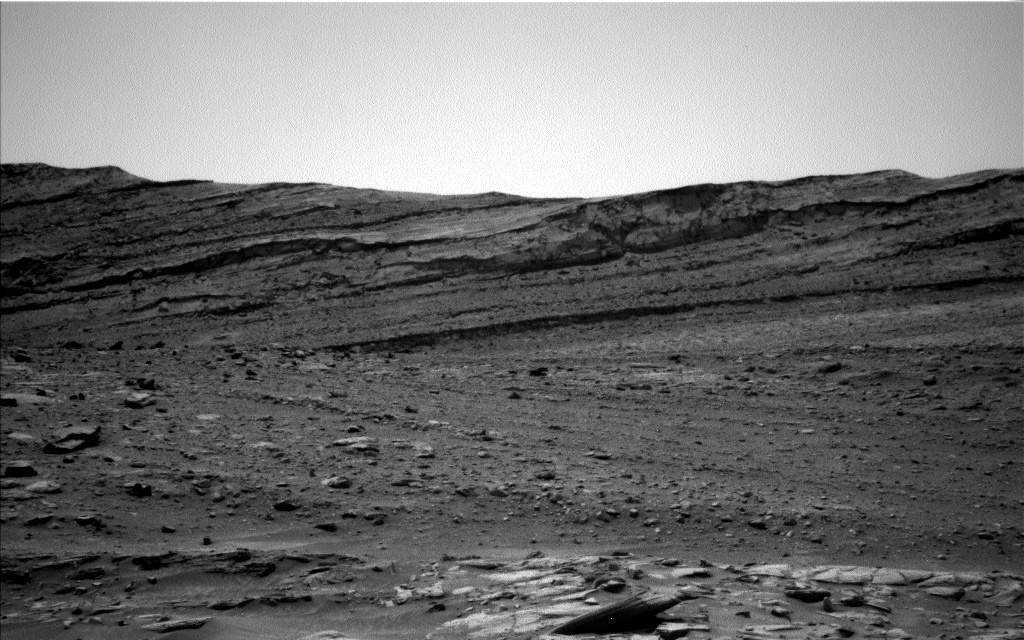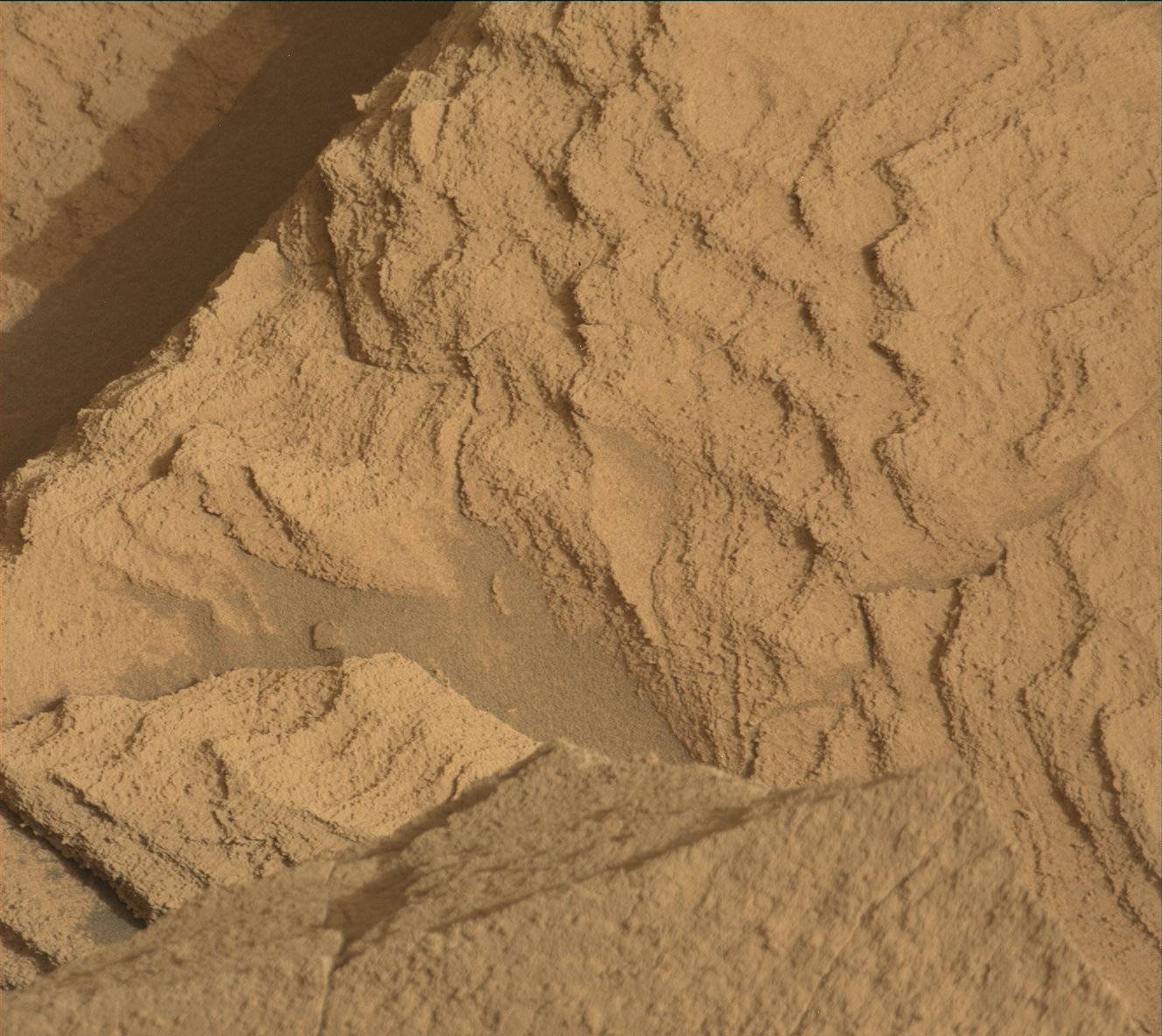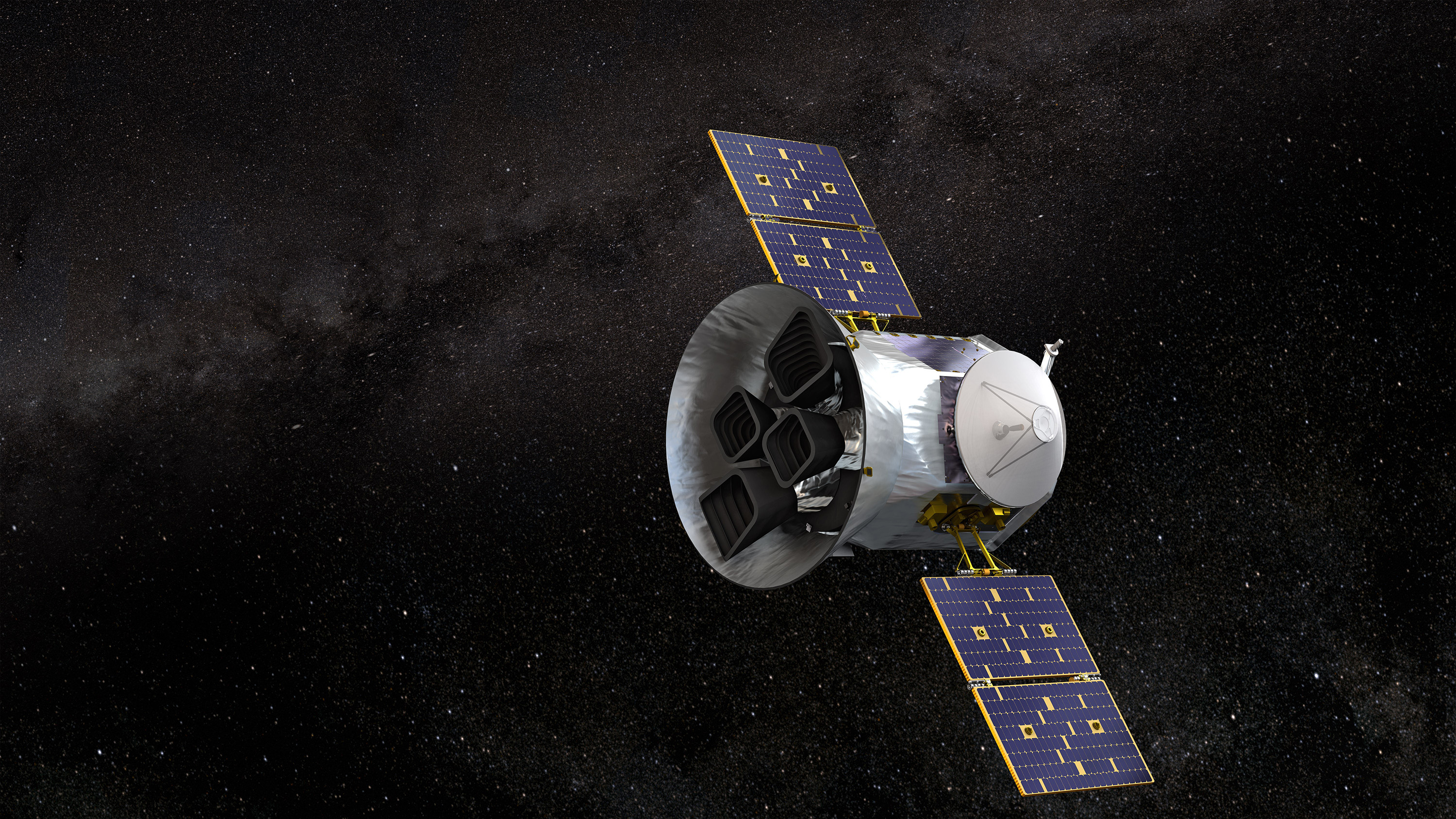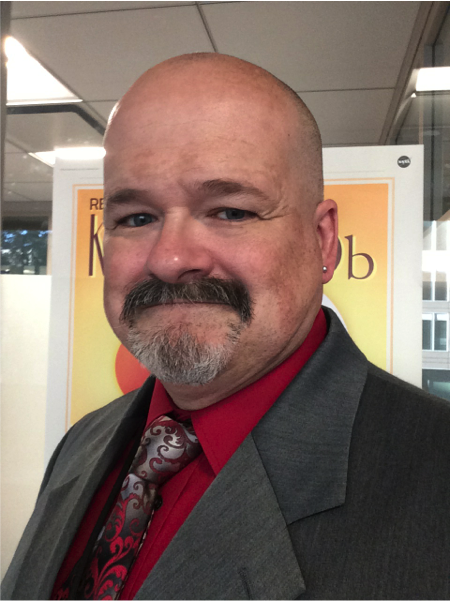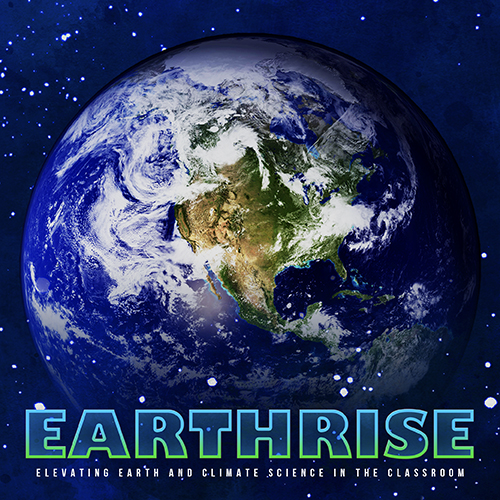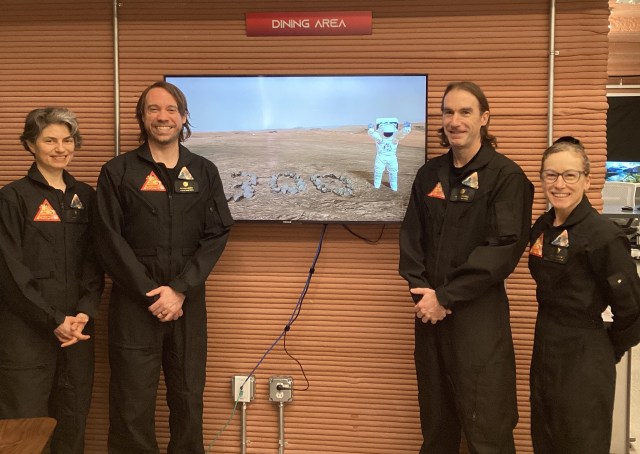The public is invited to a free talk called ‘Apollo at 50: The Lasting Effect of Exploration of the Lunar Surface on Our Current Exploration of the Moon,’ with Dr. Noah Petro, Project Scientist for the Lunar Reconnaissance Orbiter or LRO mission. The talk will occur in the Pickford Theater, third floor, Madison Building, 101 Independence Avenue SE, Library of Congress, Washington, D.C., on Tuesday, April 30 from 11:30 a.m. to 12:30 p.m. EDT.
“As we celebrate the 50th anniversary of the Apollo explorations of the Moon, it’s timely to reflect on what was learned during those first small steps, and how they enabled giant leaps in our understanding of the Solar System,” Petro said.
The Apollo missions to the Moon provided the first ever samples from a planetary body. The fact that they were collected in a geologic context allowed for a vastly improved understanding of the origin and evolution of the Moon. Now with data from NASA’s Lunar Reconnaissance Orbiter (LRO) mission, Dr. Petro will discuss re-evaluating those samples in a local and regional context which provides improved understanding for what those samples represent.
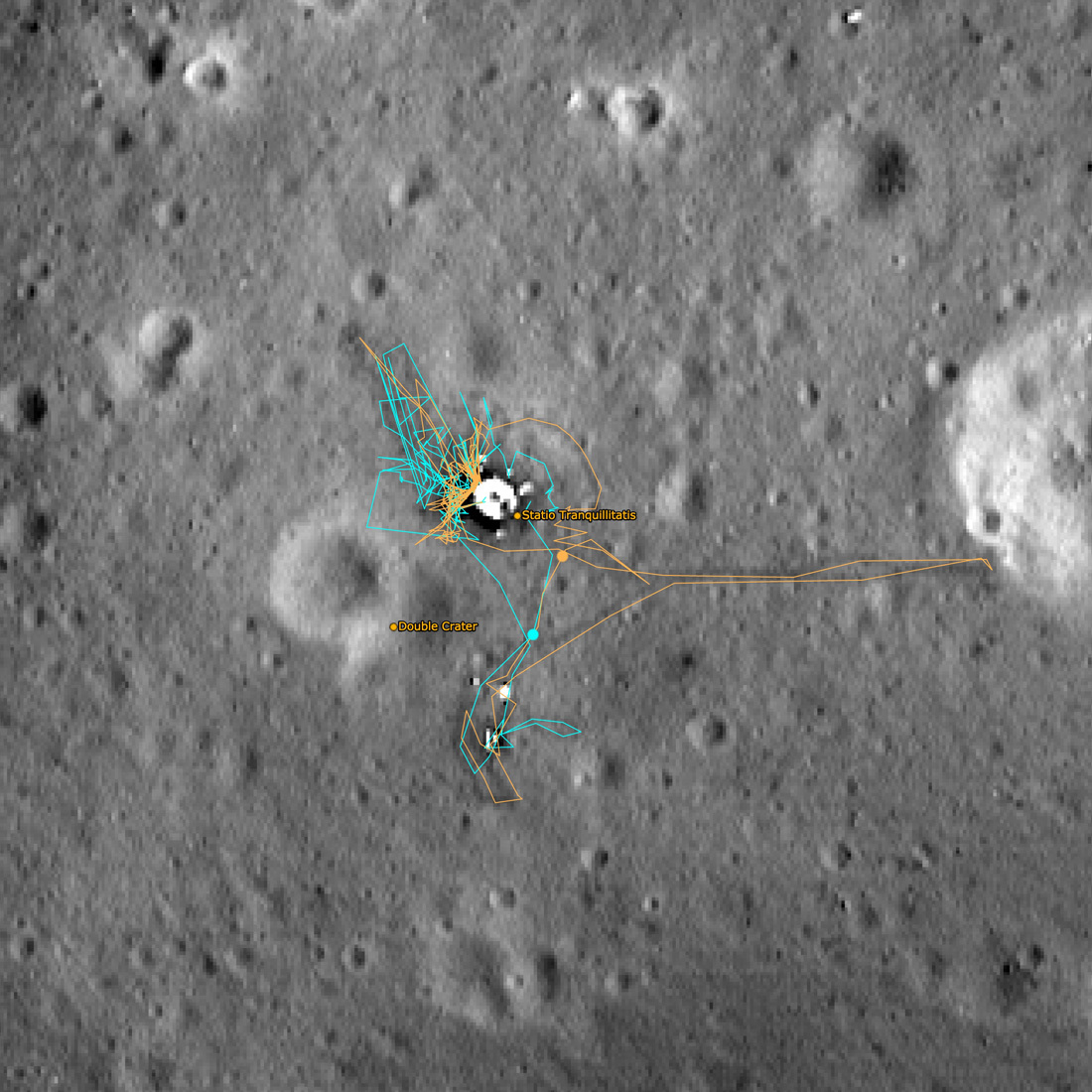
Petro works at NASA’s Goddard Space Flight Center in Greenbelt, Maryland. Noah’s research focuses on the evolution of the lunar crust, specifically the role of impact cratering in distributing material across the lunar surface. He uses remotely sensed data from multiple lunar missions, as well as data and samples collected by Apollo astronauts, to create a comprehensive picture of the Moon’s surface.
He is a speaker in the 2019 NASA Goddard Lectures Series at the Library of Congress. Earlier talks in the NASA series included the topics of space weather, improved global water security and sustainability, how Mars has changed over time, NASA’s Hubble Space Telescope and the upcoming James Webb Space Telescope.
The Library of Congress maintains one of the largest and most diverse collections of scientific and technical information in the world. The Library of Congress is the nation’s oldest federal cultural institution and the largest library in the world and holds nearly 151.8 million items in various languages, disciplines and formats. The library serves Congress and the nation both on-site in its reading rooms on Capitol Hill.
For inquiries about this or upcoming talks at the Library of Congress, the public can contact the library’s Science, Technology and Business Division at 202-707-5664. ADA accommodations should be requested five business days in advance at 202-707-6382 (voice/tty) or ada@loc.gov.
The lecture will be later broadcast on the library’s webcast page and YouTube channel “Topics in Science” playlist.
For directions, visit: http://www.loc.gov/visit/maps-and-floor-plans/ or www.loc.gov
For information about Dr. Petro visit: https://science.gsfc.nasa.gov/sed/bio/noah.e.petro
For information about NASA’s LRO: www.nasa.gov/lro
For information about the Apollo 50th, visit: www.nasa.gov/apollo
For Apollo video, images, and audio, visit: https://www.nasa.gov/specials/apollo50th/
Rob Gutro
NASA’s Goddard Space Flight Center, Greenbelt, Md.
301-286-4044
Robert.j.gutro@nasa.gov
Stephanie Marcus
Library of Congress, Washington
202-707-1192
smar@loc.gov

